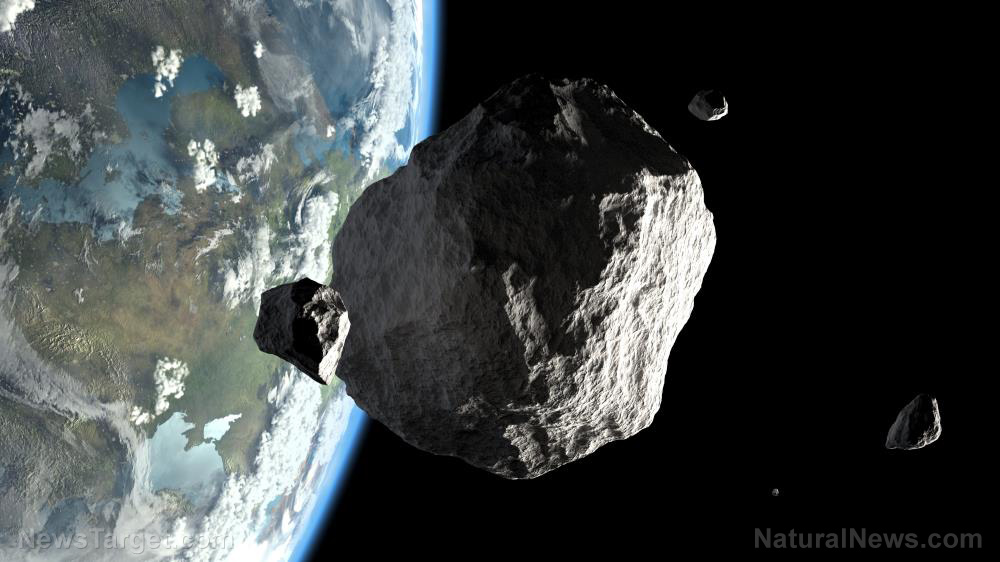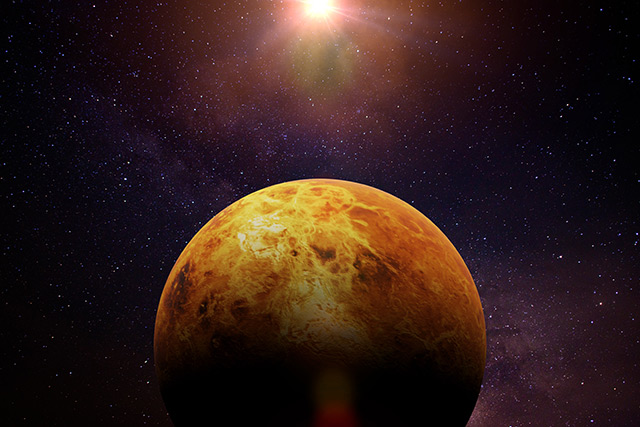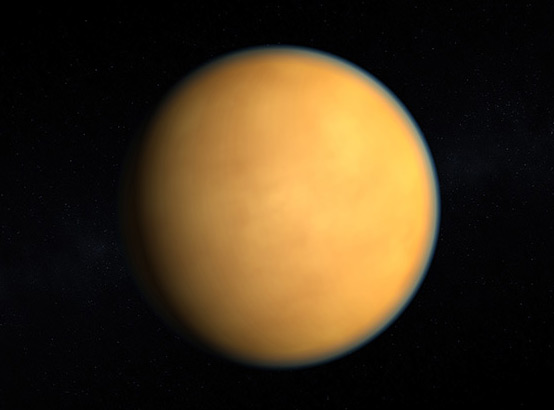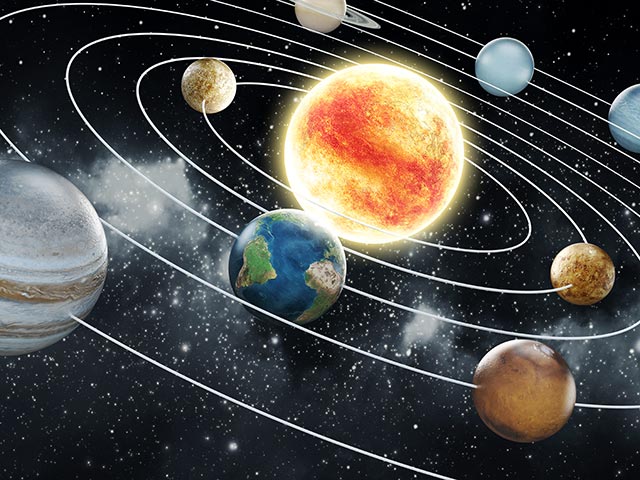Ultra-fast outflows (UFOs) from a supermassive black hole push stars and galaxies around
09/15/2020 / By Franz Walker

Surrounding the center of many galaxies is a near-empty darkness that stands in direct contrast to brightly lit space around it. A recent study hints that this near-empty space is the result of “UFOs,” just not the kind you may be thinking of.
According to a paper published in the journal Astronomy and Astrophysics, the near-dark areas near the center of galaxies are caused by “ultra-fast outflows” (UFO) – hot ionized gasses streaming out of the accretion disk of a supermassive black hole. This UFO slams into its surroundings at a significant fraction of the speed of light, pushing away whatever is there.
Hot jets of matter launched from the center of the galaxy
The researchers based their argument on a new observation of galaxy PG 1114+445 made using the European Space Agency’s X-ray Multi-Mirror Mission (XMM-Newton) telescope. XMM-Newton was chosen because it had a sharp enough “energy resolution” to mark the speeds of different cosmic outflows.
Using XMM-Newton, the astronomers were, for the first time ever, able to capture an image of these ultra-fast outflows pushing other material away at the heart of the said galaxy. The astronomers noted that the ultra-fast outflow was transferring energy to other cosmic winds near the black hole, pushing those winds to incredible speeds.
According to the researchers, what they observed is important as it could possibly explain a long-standing mystery about the supermassive black holes that lie in the center of most galaxies, including ours.
The bigger the supermassive black hole in the center of a galaxy, the faster the stars in the inner part of that galaxy move. This behavior cannot be explained by gravity alone. If the supermassive black hole is spewing more intense outflows, however, these outflows could also be sweeping away nearby stars and accelerating them to higher speeds. (Related: Supermassive black hole at the center of our galaxy emits mysterious burst of radiation, growing brighter.)
Modeling the winds from a supermassive black hole
To model this novel observation, the researchers imagined one such ultra-fast outflow alongside two other types of outflow near the black hole. These other two outflows are “warm absorbers” that travel much more slowly and are less ionized and rare “entrained ultra-fast outflows,” which are the result of the former mixing with the ultra-fast outflow from the black hole.
Entrained ultra-fast outflows are rare – this is actually only the first time one has been spotted alongside the two other kinds of outflows.
Taken together, the combined data tells a story of how the ultra-fast outflows interact with interstellar space.
“The inner UFO carries a very large amount of both momentum and energy,” explained author Roberto Serafinelli, an astronomer at the Brera Astronomical Observatory in Milan, Italy.
“[It] is extremely ionized gas – the iron is stripped of all but one or two of its 26 electrons – and is launched at extremely high speed – [about] 15 percent the speed of light – from the innermost parts of the accretion disk, very close to the supermassive black hole.”
Further spectrum analysis – checking the wavelength of the light from an object to see what materials it might be made of – of the entrained ultra-fast outflows show that it shares the same chemical composition as the warm absorber. According to Serafinelli, this means that the initial outflow from the black hole travels thousands of years through space just to slam into the warm absorber, creating the entrained ultra-fast outflow in the process.
With their discovery, the researchers are now looking to see if they can observe something similar in other galaxies. As this is the first time that scientists have seen the three outflows together in one place, they still can’t be certain whether this is only happening in PG 1114+445 or if it’s happening elsewhere in the universe.
Follow Space.news for new discoveries about the nature of galaxies.
Sources include:
Tagged Under: astronomy, black hole, black holes, cosmic wind, cosmos, European Space Agency, Galaxies, galaxy, outer space, research, Space, UFO, ultra-fast outflows, weird science
RECENT NEWS & ARTICLES
COPYRIGHT © 2017 REAL SCIENCE NEWS



















